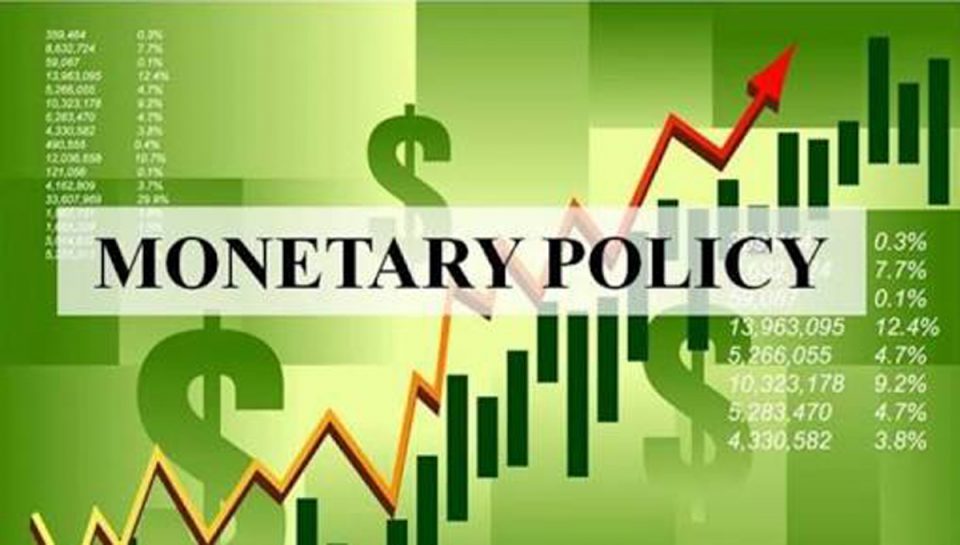Economic experts on Sunday expressed mixed reactions ahead of the Central Bank of Nigeria (CBN) first Monetary Policy Committee ((MPC) meeting this year to review key issues around the Monetary Policy Rate (MPR).
The financial experts spoke in separate interviews with the News Agency of Nigeria (NAN) in Lagos on Sunday.
The MPR is an interest rate at which CBN lends to commercial banks and other clients, while others include Cash Reserve Ratio (CRR), Liquidity Ratio and the Asymmetrical Interest Rate Corridor.
The MPC meeting is scheduled for Jan. 23 to Jan. 24.
Prof. Ndubisi Nwokoma, Director, Centre for Economic Policy Analysis and Research (CEPAR), University of Lagos, advised the committee to increase the MPR and other policy parameters to tame the inflationary pressure in the country.
According to him, increasing the benchmark will cushion the effects of high inflation rate.
The Nigerian Bureau of Statistics (NBS) report indicated that inflation rate reached 11.98 per cent in December 2019, the highest inflation index since June 2018.
The report showed that the December 2019 inflation rate was 0.13 per cent points higher than the 11.85 per cent recorded in November 2019.
Nwokoma said that would make yields on Treasury Bills rate to climb up.
The highest yield is on one year Treasury Bills which stands at 5.36 per cent for a 364-day tenor.
The don noted that the increase in inflation rate was also fuelled by the border closure.
“The committee should work toward stopping inflation by adjusting the MPR, either by increasing or maintaining it.
“They should bring back the rate on Treasury Bills which is about 5 per cent, so that people don’t lose their due to inflation.
“They should not also fail to talk about the trade arrangements with neighbouring countries,” Nwokoma said.
The economist, however, stressed that food prices and insecurity caused inflation rate to be high.
Nwokoma called on government to completely address security issues in the country, saying that it was affecting farmers and production, particularly, in the middle belt of Nigeria.
He urged government to open the land borders and address challenges in border control.
The economist said there was need for the committee to fine-tune the monetary policies as current negative return on capital (low savings rate and high inflation) would act as disincentive to savings.
Also, the Director-General of Lagos Chamber of Commerce and Industry (LCCI), Dr Muda Yusuf, believed the MPC would maintain status quo.
Yusuf said the current economic conditions would likely pose a dilemma for monetary authorities at the next MPC meeting due to strong arguments for and against the tightening of monetary policy.
He said: “Monetary policy easing would be an appropriate policy choice to stimulate the economy.
“It is inappropriate to be tightening monetary conditions when what the economy desires is stimulus.
“On the contrary, the economy is faced with mounting inflationary pressures, with inflation at a 19th high at 11.98 per cent. High mounting inflation has some toxic effects on the economy.
“It weakens purchasing power, increases the burden of operating cost and discourages savings as real interest rate becomes negative.
“It is therefore most likely that the MPC would maintain status quo.”
He added that high oil price was good for revenue and forex inflows but could also have profound liquidity effects on the economy.




